Ultimate Guide to Window Replacement Options: Choosing the Best Windows for Your Home
Introduction
Windows are an essential component of any home, providing light, ventilation, and aesthetic appeal. However, over time, windows can become worn, damaged, or outdated, necessitating a replacement. Choosing the right windows for your home is crucial, as they can significantly affect your home's energy efficiency, comfort, and overall value. This ultimate guide will walk you through the various window replacement options available, helping you make an informed decision about the best windows for your home.
Understanding Window Types
Before diving into the specifics of window replacement options, it's essential to understand the different types of windows available on the market. Each window type comes with its own set of features, benefits, and drawbacks.
Casement Windows
Casement windows are hinged on one side and swing open like a door. They offer excellent ventilation and unobstructed views, making them a popular choice for many homeowners. Casement windows are also energy-efficient due to their tight seal when closed, reducing air leakage.
Double-Hung Windows
Double-hung windows feature two operable sashes that slide up and down within the frame. This type of window allows for versatile ventilation, as you can open both the top and bottom sashes. They are easy to clean and maintain, making them a favored choice for traditional homes.
Sliding Windows
Sliding windows operate by moving horizontally along a track. They are great for homes with limited exterior space, as they do not require additional room to swing open. Sliding windows are easy to operate and provide excellent natural light and views.
Awning Windows
Awning windows are hinged at the top and open outward, creating an awning effect. These windows are ideal for rainy climates, as they allow for ventilation while keeping rain out. They are often used in combination with other window types for added aesthetic appeal.
Picture Windows
Picture windows are fixed windows that do not open. They are designed to provide expansive views and natural light. While they do not offer ventilation, they can be an attractive focal point in a room and are often used in combination with operable windows.
Window Materials
Choosing the right material for your windows is as important as selecting the type. Different materials offer varying levels of durability, maintenance, and energy efficiency.
Vinyl Windows
Vinyl windows are a popular choice due to their affordability and low maintenance requirements. They are resistant to moisture, do not require painting, and are available in various colors and styles. However, vinyl may not be as durable as other materials in extreme weather conditions.
Wood Windows
Wood windows offer a classic and elegant look, making them a preferred choice for many homeowners. They provide excellent insulation and can be painted or stained to match your home’s décor. However, wood requires regular maintenance to prevent rot and warping.
Aluminum Windows
Aluminum windows are known for their strength and durability. They are resistant to rust and corrosion, making them a good option for coastal areas. However, aluminum conducts heat, which can lead to higher energy costs unless thermal breaks are used.
Fiberglass Windows
Fiberglass windows are highly durable and energy-efficient. They can mimic the appearance of wood while offering greater resistance to moisture and temperature changes. While they are more expensive than vinyl, their longevity may justify the investment.
Energy Efficiency
Energy efficiency is a crucial factor when selecting replacement windows. Inefficient windows can lead to increased energy bills and a less comfortable home environment.
Window Ratings
When assessing the energy efficiency of windows, look for the National Fenestration Rating Council (NFRC) label. This label provides important information, including U-factor, Solar Heat Gain Coefficient (SHGC), and Visible Transmittance (VT).
U-Factor
The U-factor measures how well a window retains heat. A lower U-factor indicates better insulation properties. For colder climates, choose windows with a U-factor of 0.30 or lower.
Solar Heat Gain Coefficient (SHGC)
SHGC measures how much solar radiation passes through a window. A lower SHGC is desirable in hot climates to keep homes cooler, while a higher SHGC may be beneficial in colder climates to allow more solar heat in.
Visible Transmittance (VT)
VT measures the amount of visible light that passes through a window. Choose windows with a higher VT rating if maximizing natural light is a priority.
Window Styles and Aesthetics
Windows also contribute to your home’s overall aesthetics. Choosing the right style can enhance your home’s curb appeal and interior design.
Traditional vs. Modern Styles
Consider the architectural style of your home when selecting windows. Traditional homes often feature double-hung or casement windows, while modern homes may benefit from sleek, minimalistic designs like sliding or picture windows.
Grilles and Muntins
Grilles and muntins can add character to your windows. They come in various designs, from colonial grids to contemporary patterns. Consider whether you want grilles for aesthetic purposes or if you prefer a clean, unobstructed view.
Installation Considerations
Proper installation is as crucial as the choice of window itself. Poorly installed windows can lead to air leaks, water damage, and reduced energy efficiency.
Hiring a Professional vs. DIY
While some homeowners may opt for a DIY window replacement, hiring a professional is often recommended. Professionals have the experience and tools necessary to ensure a proper fit and seal, which can prevent future issues.
Permits and Regulations
Before replacing windows, check with your local building department for any permits or regulations. Some areas may have specific requirements regarding window types, materials, and energy efficiency standards.
Budgeting for Window Replacement
Window replacement can be a significant investment. Understanding the costs involved can help you budget appropriately.
Cost Factors
Several factors can affect the overall cost of window replacement, including the type and material of windows, labor costs, and any additional features like energy-efficient coatings or custom sizes. On average, homeowners can expect to spend between $300 and $1,000 per window, including installation.
Financing Options
If budget constraints are a concern, explore financing options available through window manufacturers, local home improvement stores, or personal loans. Many companies offer promotional financing with low or no interest for a limited time.
Maintenance and Care
Once your new windows are installed, proper maintenance is essential to ensure their longevity and performance.
Regular Cleaning
Keep your windows clean by regularly washing the glass and frames. Use a mild detergent and avoid abrasive cleaners that could scratch the surface. Clean screens as well to ensure maximum visibility and light entry.
Inspecting Seals and Weatherstripping
Regularly inspect the seals and weatherstripping around your windows for any signs of wear or damage. Replacing worn seals can help maintain energy efficiency and prevent water intrusion.
Conclusion
Choosing the right windows for your home involves considering various factors, including window types, materials, energy efficiency, aesthetics, and installation. By understanding the available options and their implications, you can make an informed decision that enhances your home's comfort, style, and value. Whether you opt for energy-efficient vinyl windows or classic wood frames, investing in quality windows will pay off in the long run, providing you with a beautiful and functional space for years to come.
Final Tips for Your Window Replacement Journey
As you embark on your window replacement journey, keep these final tips in mind:
Research and Compare
Take the time to research different brands and window options. Read reviews, compare warranties, and seek recommendations from friends or family who have recently undergone similar projects. This will help you make a well-informed choice.
Consider Energy Star Certified Products
Look for windows that are Energy Star certified. These products meet strict energy efficiency guidelines set by the U.S. Environmental Protection Agency (EPA) and can save you money on energy bills while reducing your carbon footprint.
Plan for the Long Term
Investing in high-quality windows is a long-term decision. Consider not only the initial cost but also the potential savings on energy bills and the value they add to your home over time.
Don’t Rush the Decision
Take your time when deciding on window replacements. Consult with professionals, ask questions, and ensure you feel confident in your choices before making a final decision.
Resources for Further Information
For additional guidance and resources on window replacement, consider checking out the following:
- National Fenestration Rating Council (NFRC)
- Energy Star Program
- Houzz for design ideas and contractor connections
- HomeAdvisor for finding local contractors
By utilizing these resources and following the steps outlined in this guide, you can confidently select the best windows for your home, ensuring a beautiful and energy-efficient living space for years to come.
Explore
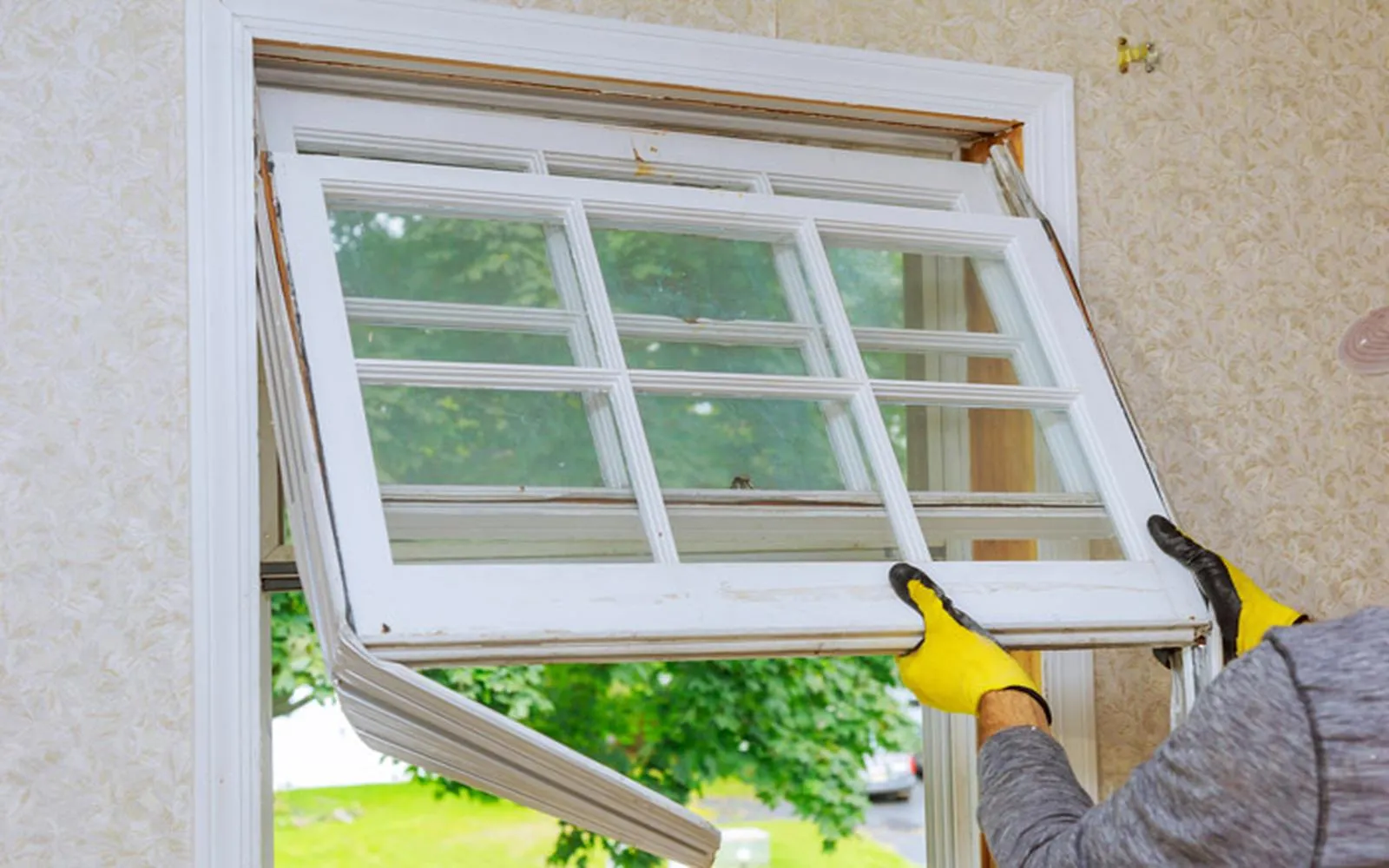
Window Replacement Options: A Comprehensive Guide

Window Installation: Choosing the Right Installer

Unlimited Data Plans: The Ultimate Guide to Choosing the Best Plan

Guide to Find the Right Window Replacement & Installation Services 2025
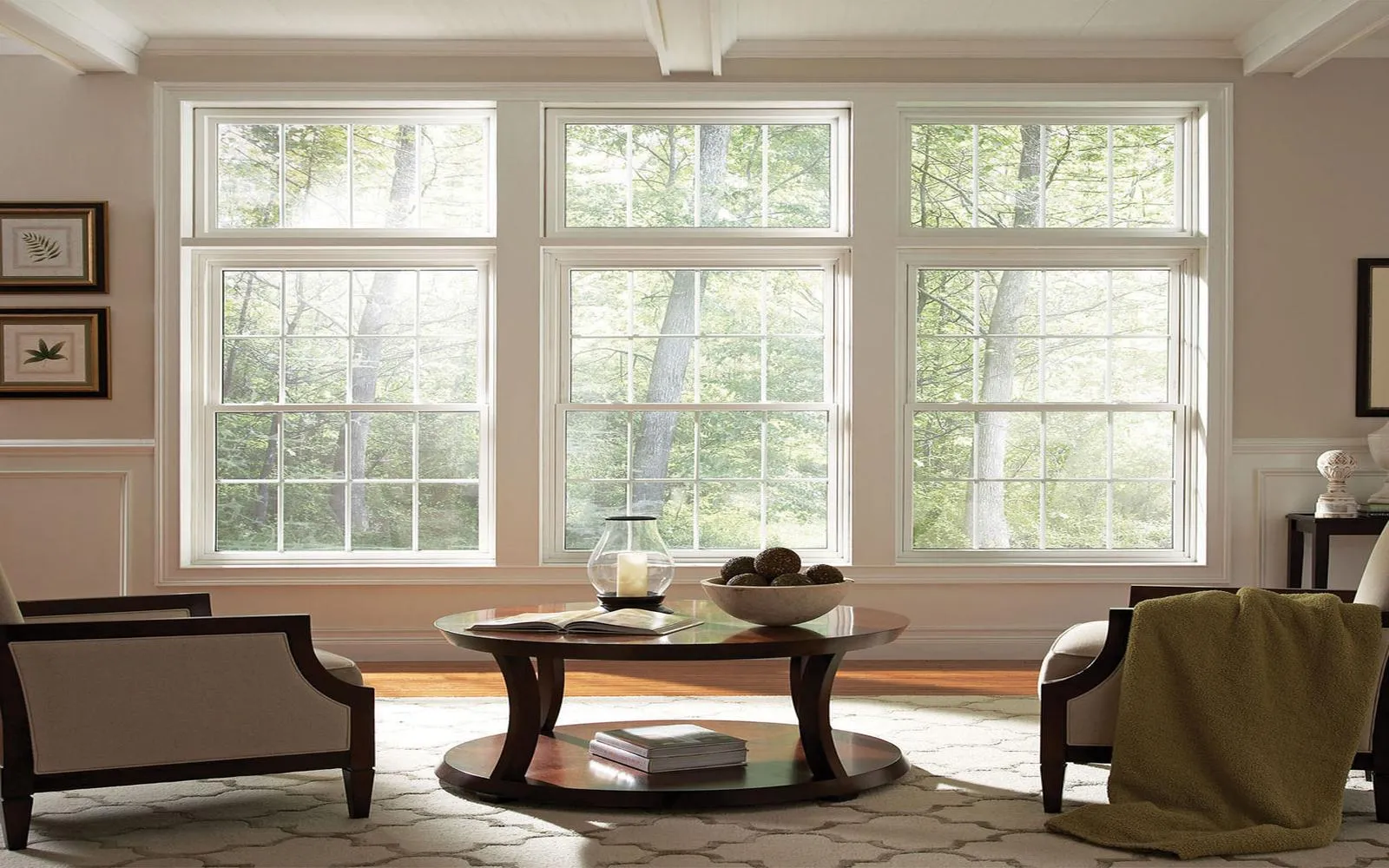
Upgrade Your Home with Cutting-Edge Window Solutions
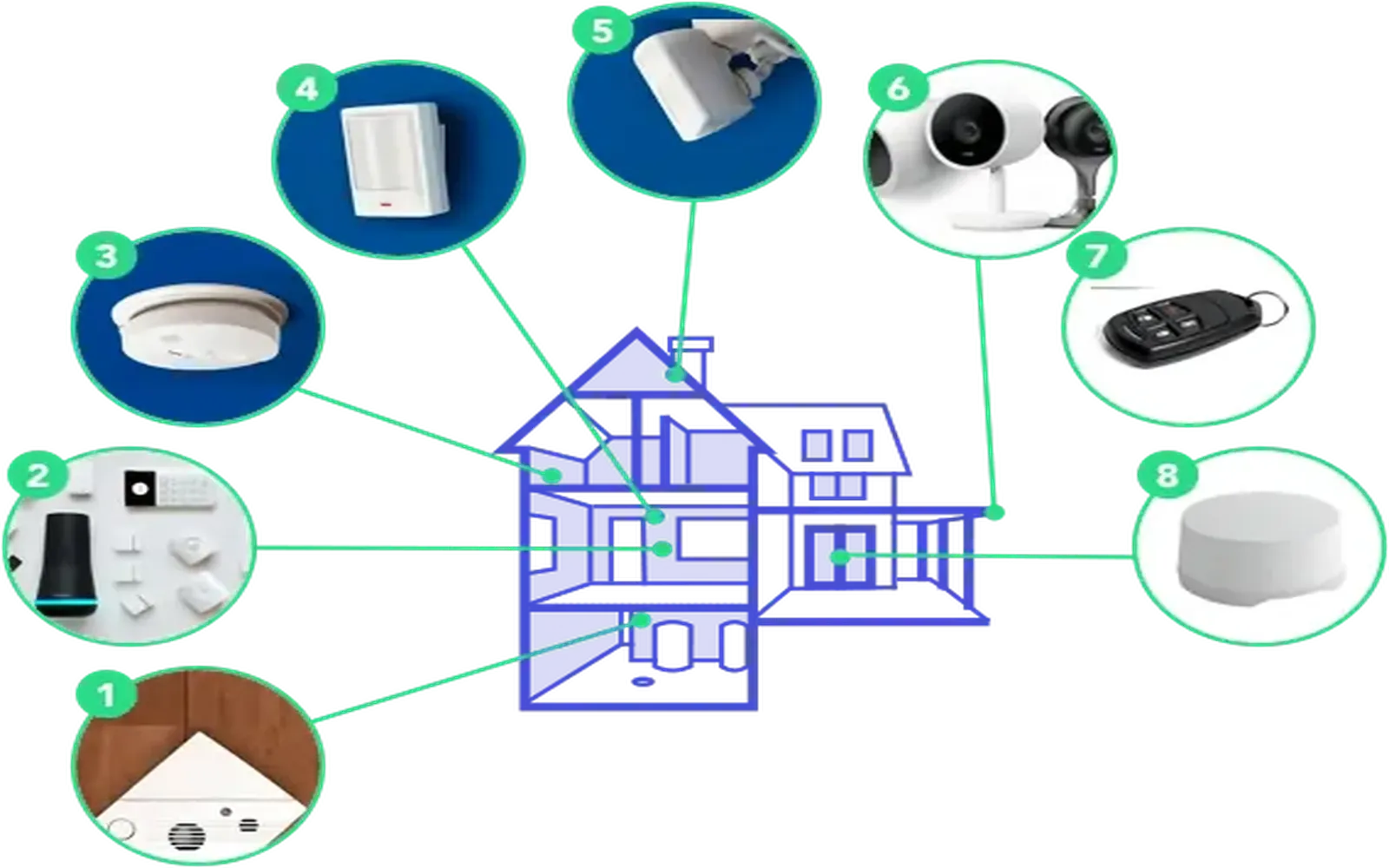
Ultimate Guide to Home Security System Installation in 2025: Protect Your Home with the Latest Technology
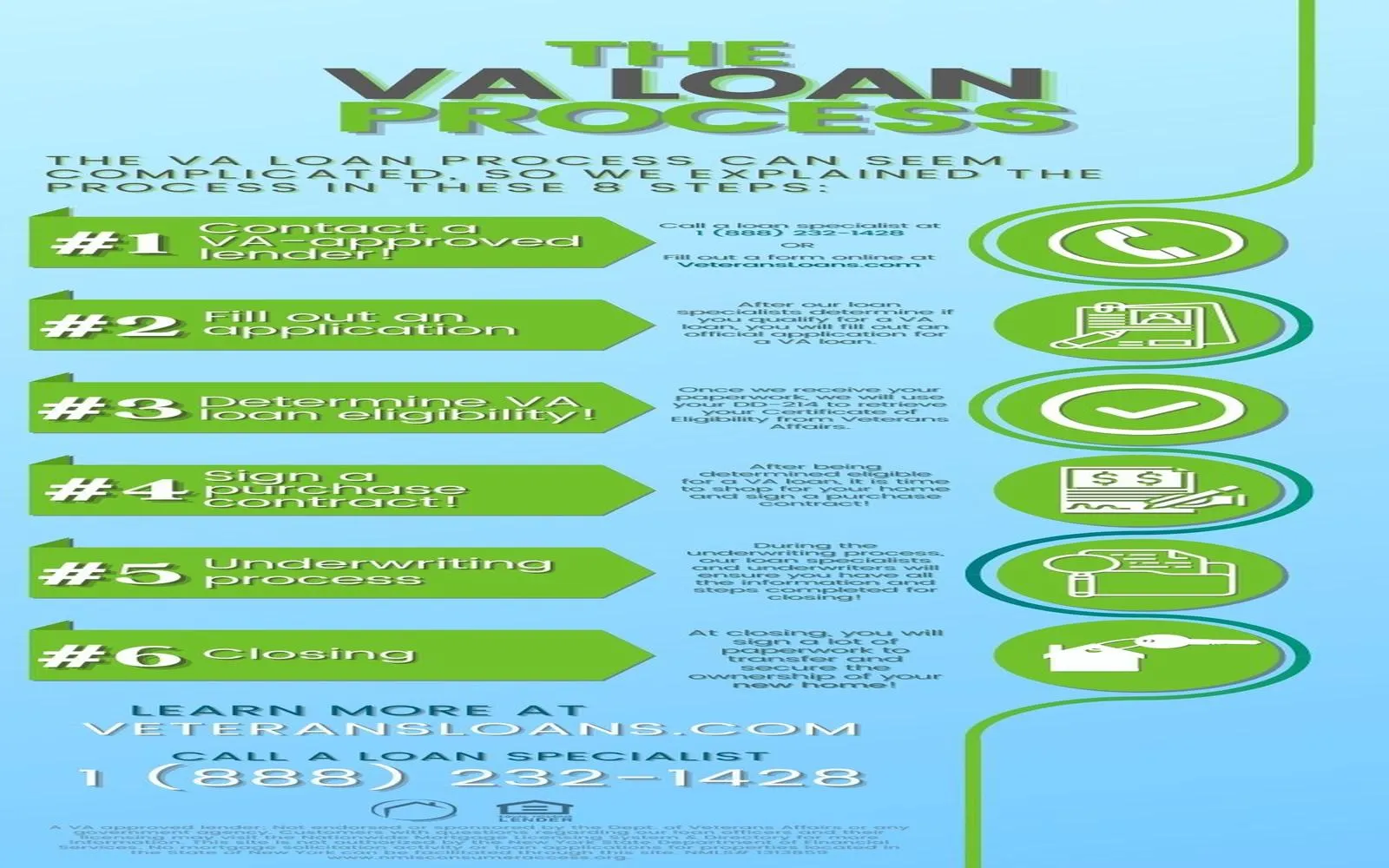
2025 Guide: How to Qualify for a VA Home Loan and Secure Your Dream Home
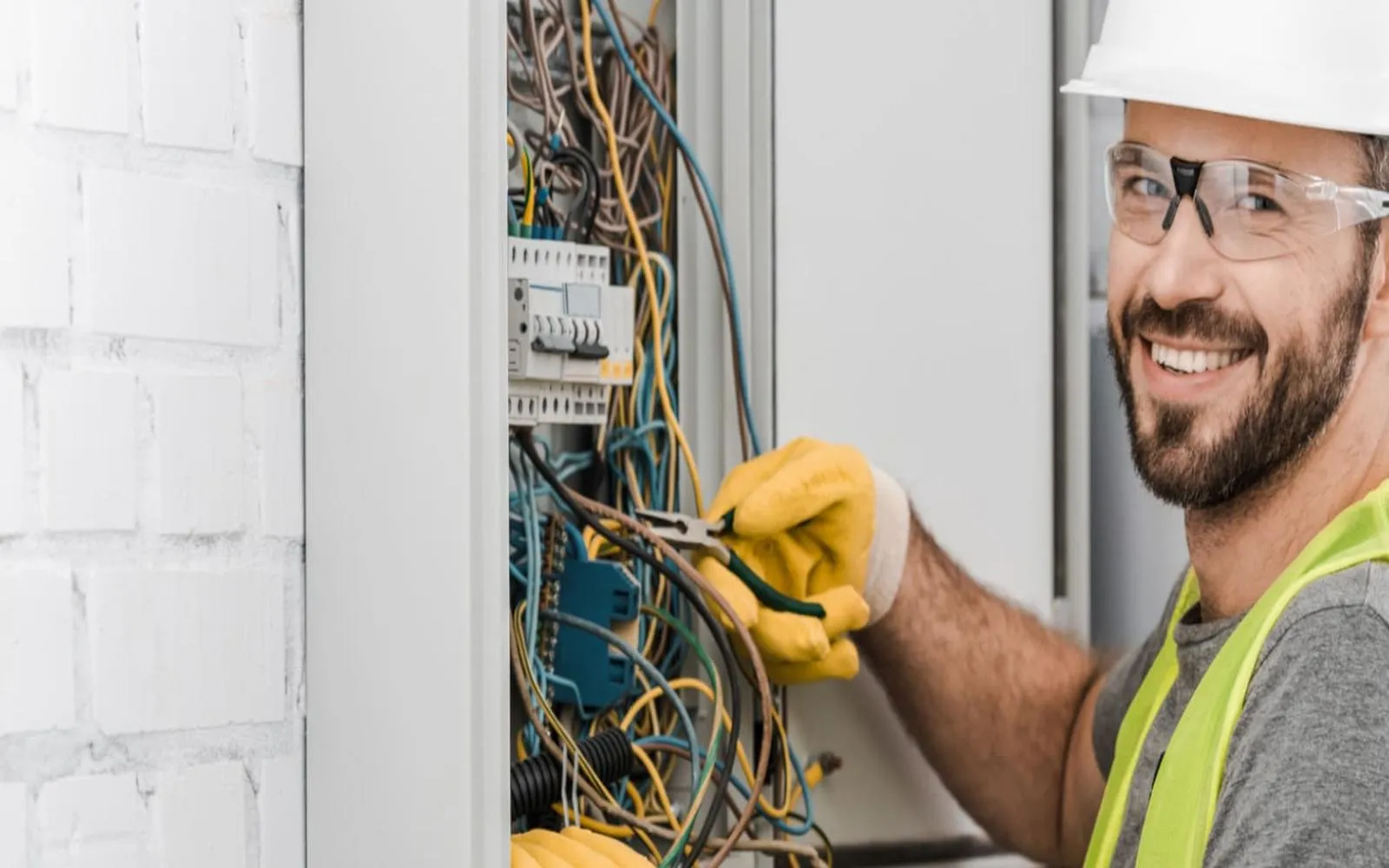
Top-Rated Electricians for Home Repairs in 2025: Your Ultimate Guide to Quality Service
